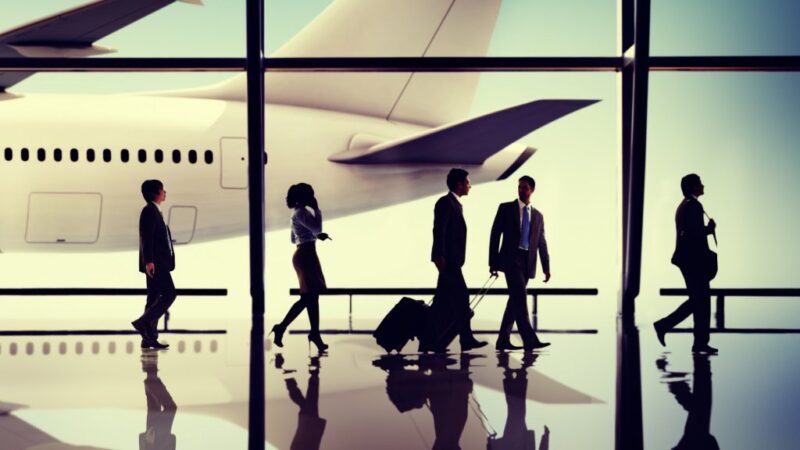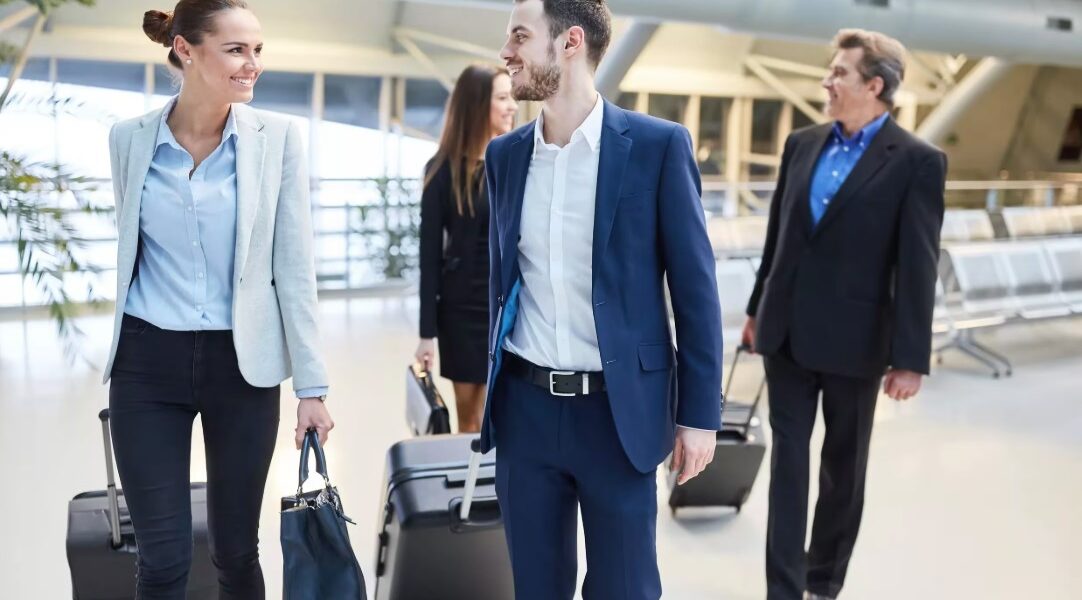International business travel has always been a measure of how global commerce adapts to new realities. In 2025, executive travel is no longer just about getting from one city to another. It is about efficiency, comfort, digital integration, and a sense of security that allows leaders to focus on business rather than logistics.
Companies are spending more carefully, executives are more selective, and expectations are higher than ever.
The New Standard of Business Travel
Executives today are not impressed by generic corporate travel packages. They want tailored experiences that respect their time and optimize their productivity. A long-haul flight is no longer just transit; it is expected to serve as a mobile office where reliable Wi-Fi, privacy, and rest are equally prioritized.
Business-class cabins now offer individual suites with sleep technology, ergonomic seating, and enhanced noise reduction. Hotels are also adapting, shifting from simple conference facilities to high-tech hubs with co-working spaces, AI-driven concierge services, and smart-room automation.
These changes reflect a broader truth: in 2025, business travel is judged not by how much is offered, but by how seamlessly it blends work, rest, and networking opportunities.
Balancing Professional Duty with Personal Expectations

What makes modern business trips unique is the blending of professional obligations with personal comfort. Executives often extend trips to include leisure, networking dinners, or cultural experiences. This shift has changed how companies plan itineraries, ensuring executives feel energized rather than drained.
For some, personal comfort goes beyond luxury hotels and fine dining. High-profile professionals sometimes seek personalized companionship and curated cultural immersion during their travels. Services like Louisa cater to executives who expect discretion, refinement, and a seamless fit with their high-paced lifestyle, showing how personal well-being is increasingly intertwined with corporate obligations.
Health, Safety, and Well-Being
Business travel has historically taken a toll on physical health. In 2025, wellness is a non-negotiable part of executive itineraries. Airlines now include access to meditation apps, curated meal options that avoid heavy fatigue, and improved cabin air quality. Hotels increasingly offer in-room fitness technology, sleep pods, and spa programs tailored to short stays.
Executives are also more mindful of personal safety, both physical and digital. Companies invest in private transfers, biometric check-ins, and real-time travel monitoring systems. Beyond traditional insurance, specialized packages cover political instability, health emergencies, and cybersecurity threats during international trips.
Cost Efficiency Without Sacrificing Quality
Budgets are still a central concern for corporations. Executives are well aware of the rising costs of international travel, but they expect financial discipline without cutting into essential comfort. Companies respond by negotiating long-term contracts with airlines, using dynamic hotel booking systems, and offering flexible travel policies that combine cost efficiency with executive satisfaction.
Interestingly, many executives now view loyalty programs not as perks but as necessities. Airline alliances, hotel points, and even private transfer memberships allow leaders to maintain consistency across their trips while reducing overall expenses.
What Executives Will Demand Next

Looking ahead, the demands are clear. Executives will not compromise on three pillars of business travel:
- Efficiency – Travel must integrate seamlessly into work routines.
- Comfort – Every detail, from seat selection to hotel design, must serve productivity and well-being.
- Trust – Safety, discretion, and service reliability are non-negotiable.
International trips are no longer about surviving the journey; they are about thriving during it. Executives who arrive rested, secure, and well-connected are ultimately better prepared to make high-stakes decisions.
Final Thoughts
Business travel in 2025 is a reflection of how much expectations have evolved. It is not only about reaching a destination but about making every part of the journey valuable. From the moment executives book their flights to the time they check out of their hotels, they expect a well-designed ecosystem that balances professionalism, personal comfort, technology, and sustainability.
For companies, this means travel policies must move beyond cost-saving checklists and embrace experiences that recognize the new reality: international business trips are where major decisions are made, networks are strengthened, and leaders define the future of global commerce.



